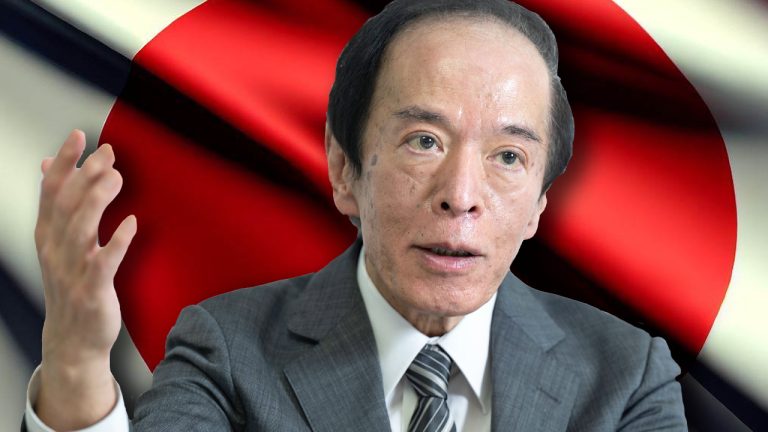
An Elliptic report commissioned by Nikkei says Asian countries account for over 60% of losses to North Korean hackers and ransomware users; lax security played a role.
Japan is the biggest loser of cryptocurrency to North Korean hackers, according to a study by blockchain analytics firm Elliptic. Asian countries make up three of the four top targets for the so-called Hermit Kingdom’s hackers, Elliptic found.
The study, commissioned and reported on by Japanese financial publication Nikkei, looked at losses of cryptocurrency from cyberattacks originating in North Korea from 2017 through 2022. The study took into account both hacking and ransomware attacks. It described the attacks as a “national strategy.”
Related: Binance to reenter Japan via acquired regulated exchange SEBC
Japan suffered losses of $721 million in those attacks, which was 30% of the world total of over $2.3 billion, Elliptic found, based on an estimate of $640 million of crypto lost in 2022. According to the United Nations, North Korean crypto theft reached a new high in 2022. Nikkei said:
“According to the Japan External Trade Organization, the $721 million stolen from Japan is 8.8 times greater than the value of North Korea’s exports in 2021.”
Vietnam was the second-most attacked country, according to the report, losing $540 million in that time span. The United States was third with $497 million in losses, and Hong Kong trailed in fourth place with losses of $281 million.
Elliptic: North Korean hackers stole $2.3B in crypto from businesses from 2017 to 2022, including $721M from Japan, $497M from the US, and $281M from Hong Kong (Nikkei Asia)https://t.co/abeNfsBd5khttps://t.co/undE8tEmJq
— Techmeme (@Techmeme) May 15, 2023
Elliptic pointed to lax security in Japanese and Vietnamese cryptocurrency markets as the rationale for the hackers’ targeting. Nikkei cites an unnamed source as saying at least three Japanese crypto exchanges have been broken into between 2018 and 2021.
North Korea’s Lazarus Group has been behind some of the biggest heists in crypto, such as the Ronin Bridge exploit and the Harmony Bridge hack. North Koreans have also been alleged to steal nonfungible tokens and to launder their stolen funds through decentralized finance services and crypto mixers.
Magazine: Why Animism Gives Japanese Characters a NiFTy Head Start on the Blockchain









